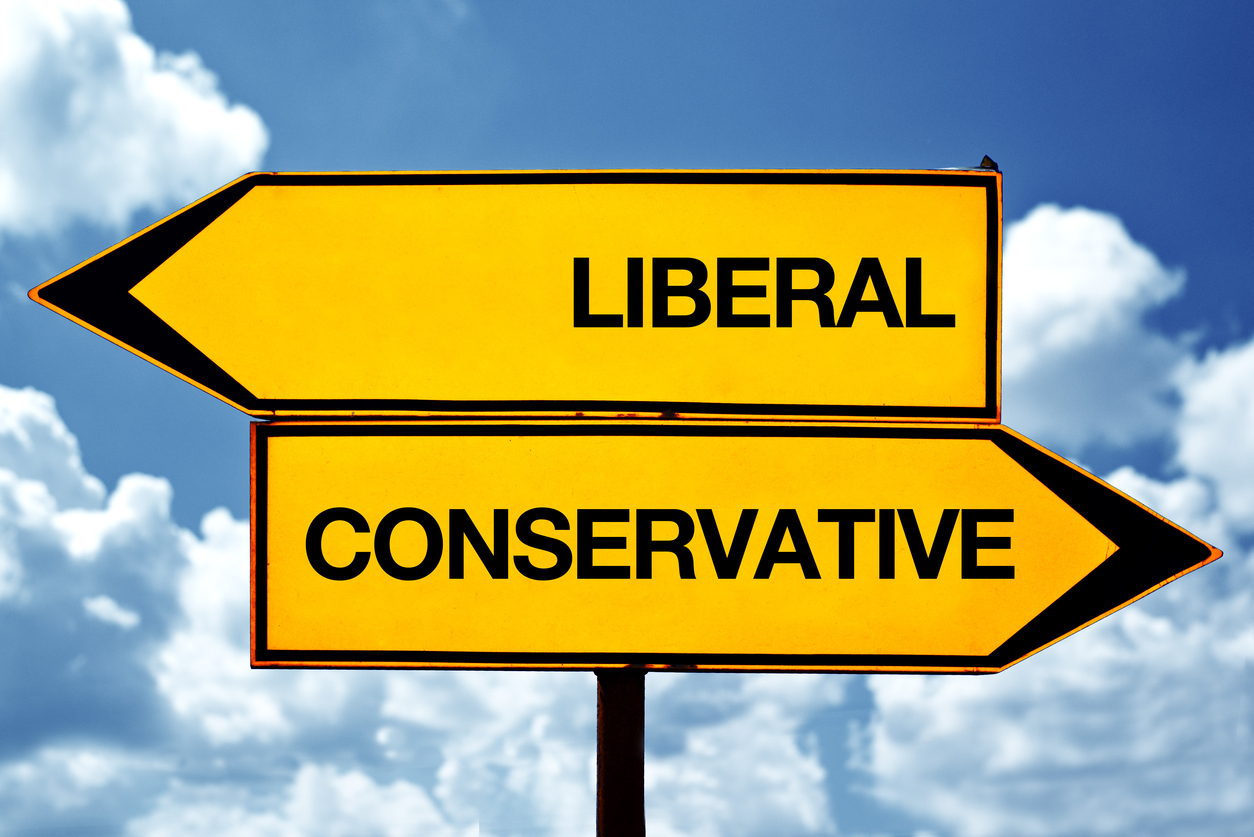Ten or twenty years ago the catchphrase to describe an up-and-coming politician was “attractive and articulate.” Today’s catchphrase might well be “principled.”
Both phrases, past and present, were code. What they really mean, whether used by an observer or a supporter, is this: You can consider this person socially acceptable; they are safe. In the era of Donald Trump, it is understandable that a Canadian politician would send out this sort of signalling.
Which brings us to Maxime Bernier. A recent profile of the Conservative front-runner in The Globe and Mail noted that he has crafted “the public persona of a principled conservative” and has “continuously highlighted the fact he would run a more principled government.” The article quotes the Tory MP Tony Clement as saying that Bernier, in his opposition to farm subsidies, demonstrated that “he was going to take a principled position for Canada.”
But this is presentation, packaging, positioning. More important is, what exactly are the man’s principles?
And here’s the rub. Bernier is a devotee of Ayn Rand, the conservative American philosopher and writer.
Here’s a quote from Ayn Rand: “There are two sides to every issue: one side is right and the other is wrong, but the middle is always evil.”
And another: “Money is the barometer of a society’s virtue.”
Here is the title of one of her essays: “The Virtue of Selfishness: A New Concept of Egoism.“
It is hard to imagine a philosophy more at odds with the Canadian mainstream.
Conservatives choose a new leader on May 27. Justin Trudeau can sleep soundly.
Pursuit.ca


